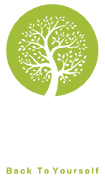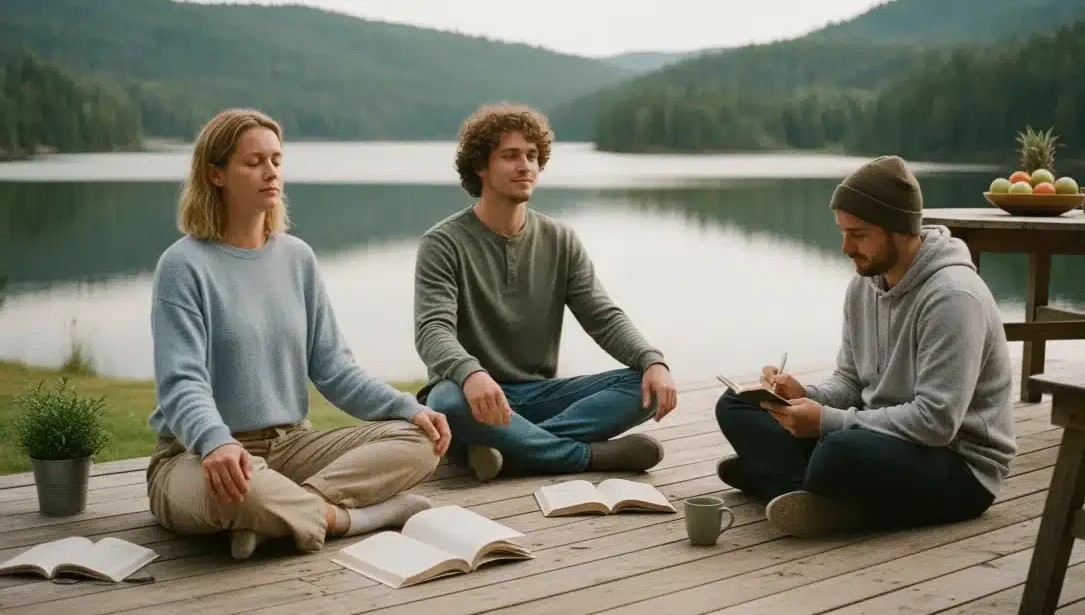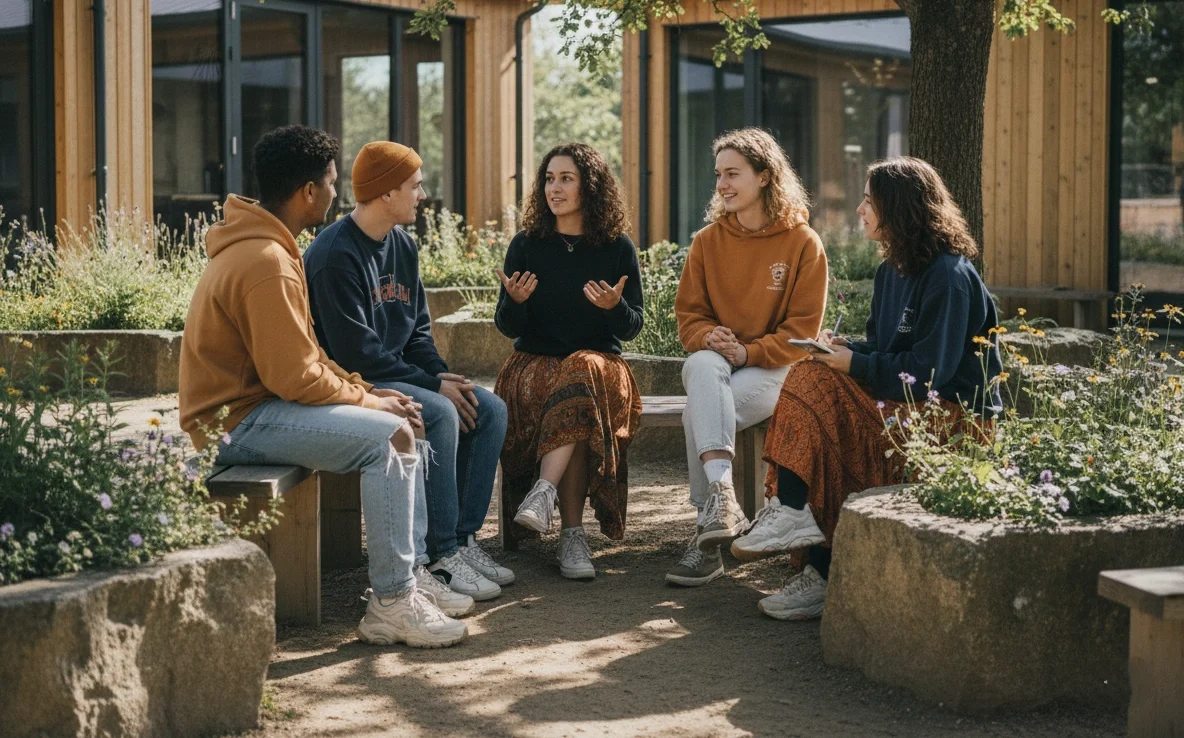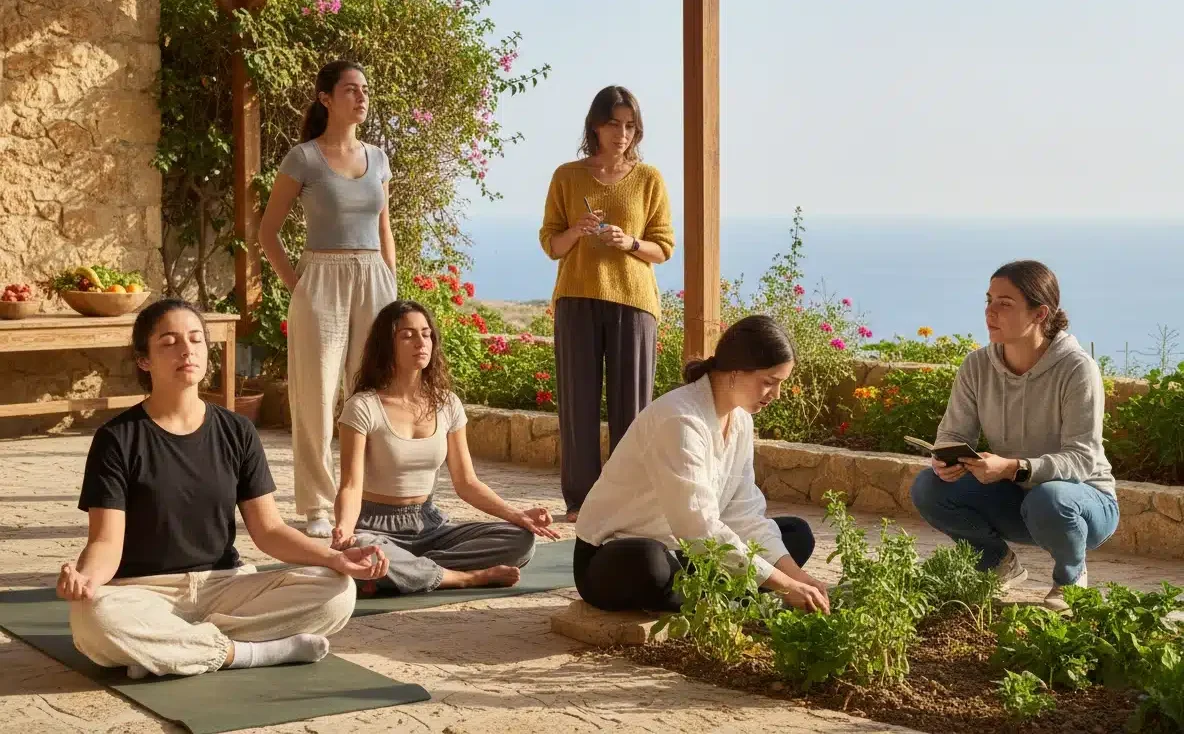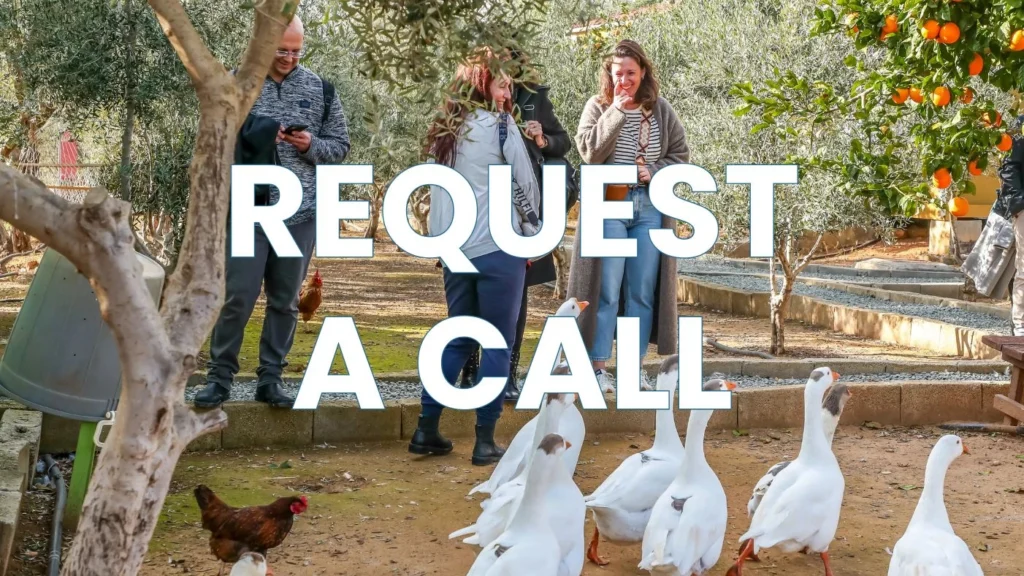Building Resilience: Life Skills Training in Teen Recovery Programs
05 min read

Introduction: Recovery Is More Than Sobriety
Addiction recovery isn’t just about removing harmful substances—it’s about equipping individuals with the skills to navigate life with confidence. For teens and young adults, this means learning practical abilities that promote independence, resilience, and emotional stability.
At Holina Village in Cyprus, life skills training is an essential part of the therapeutic process, ensuring that residents not only recover but also thrive once they return to everyday life.
What Is Life Skills Training?
Life skills training is a structured program designed to teach practical, emotional, and social competencies. These include everything from managing finances to effective communication, stress management, and decision-making.

Why Life Skills Matter in Recovery
Breaking the Dependency Cycle
Without core skills for managing life’s challenges, young adults are more vulnerable to relapse.
Promoting Self-Confidence
Achieving competence in daily tasks fosters independence and a sense of control over one’s future.
Improving Relationships
Life skills such as conflict resolution and active listening strengthen personal and professional relationships.
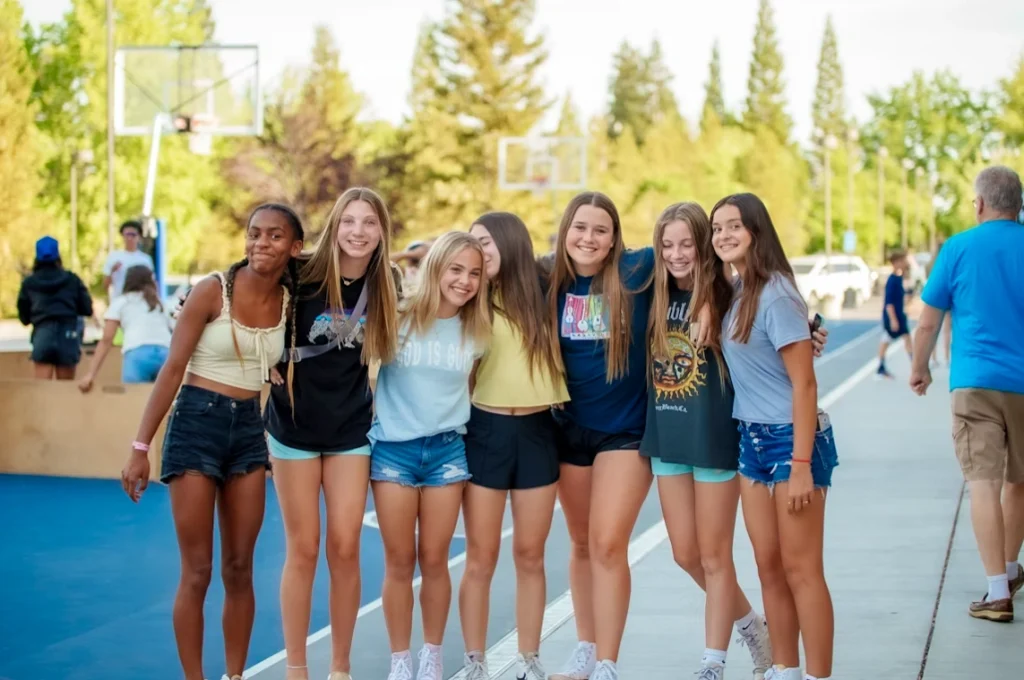
Life Skills Training at Holina Village
Practical Skills
Cooking and nutrition
Time management and scheduling
Basic budgeting and financial literacy
Social and Emotional Skills
Communication techniques
Setting and maintaining healthy boundaries
Problem-solving and decision-making strategies
Wellness and Self-Care
Personal hygiene and health routines
Stress reduction techniques
Goal-setting and future planning

How Life Skills Build Resilience
Resilience is the ability to adapt to challenges and recover from setbacks. Through life skills training, residents develop:
Emotional adaptability to handle stress without turning to substances
Practical competence to manage daily responsibilities
Self-reliance that supports independent living post-treatment
Preparing for Life After Rehab
Holina Village’s life skills program is designed to create a smooth transition back into everyday environments—whether that means returning to school, finding work, or living independently. This ensures that recovery doesn’t end at discharge but continues to grow stronger over time.
Conclusion: Equipping for the Future
Recovery is only sustainable when residents have the tools to handle life beyond treatment. Life skills training at Holina Village helps teens and young adults become capable, confident, and resilient individuals ready to face whatever comes next.
📞 Contact Holina Village: +66 (0) 626 418 369
🌐 Learn more: holinacyprus.com
Frequently Asked Questions (FAQs)
1. What age group receives life skills training at Holina Village?
The program is tailored for residents aged 16–25.
2. Are life skills taught in group or individual settings?
Both. Some sessions are one-on-one, while others encourage group interaction for peer learning.
3. Is life skills training part of the therapy program or optional?
It’s an integrated part of the recovery program at Holina Village.
4. Can residents continue life skills development after leaving rehab?
Yes. Aftercare plans often include ongoing skill development and check-ins.
5. How do life skills help prevent relapse?
By giving residents the tools to handle stress, solve problems, and maintain structure in their lives, reducing the temptation to return to old habits.
6. Does the program include career or education preparation?
Yes. Guidance is provided for continuing education, vocational training, and job readiness.
